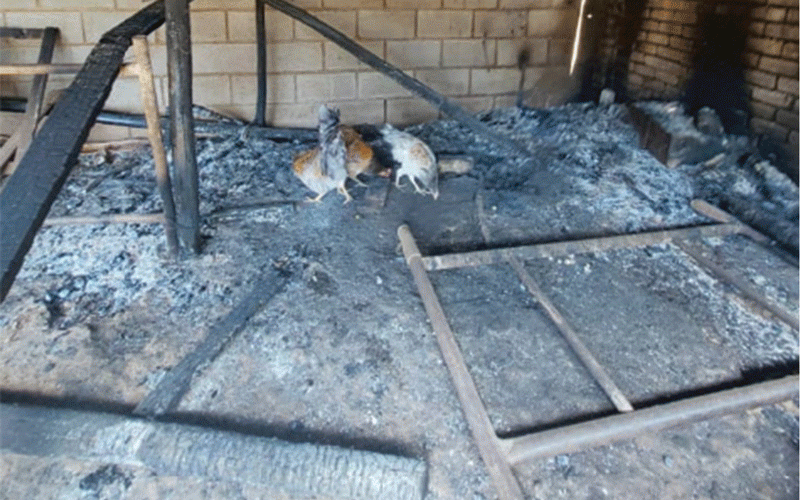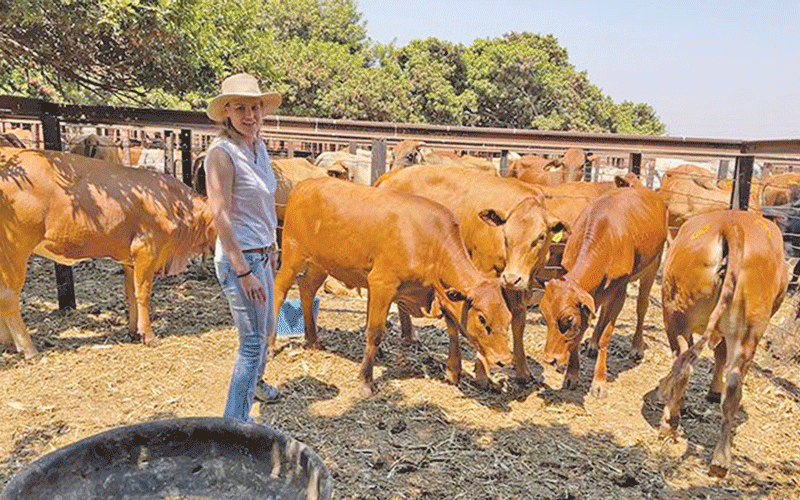HEALTH authorities have said they are on high alert for a possible cholera resurgence amid increased gatherings during the Easter holiday.
A number of officials interviewed by NewsDay yesterday said they contained the deadly diarrhoeal disease through strengthened surveillance systems and close monitoring of public gatherings.
In an interview with NewsDay yesterday, Kadoma district director for health services Daniel Chirundu said they took precautionary measures to prevent a surge in cholera cases, a phenomenon typical of public holidays.
“We are yet to combine statistics, but what I can say as of today (yesterday), is that there were no reports of cholera cases in Kadoma,” said Chirundu.
“This time we incorporated members of apostolic sects and trained them on how to prevent and monitor the spread of cholera during gatherings. We did so because they are among the group that has massive gatherings during Easter, so we felt it was right to teach them to be on high alert as they conduct their gatherings.”
He added that they trained 80 people to monitor the gatherings that were being held over the Easter holiday.
Keep Reading
- Health talk: Be wary of measles, its a deadly disease
- Health talk: Mandatory wearing of masks can now be scrapped
- Harare cancels Pomona waste deal
- Health talk: Antimicrobial resistance —Let us stand against it
In various communications to residents, several town councils and provincial offices issued guidelines on preventing cholera and made sure surveillance was being carried out throughout the four-day holiday.
In a statement on Thursday, Harare City Council director health services Prosper Chonzi said owing to continued reports of cholera cases, they were recommending measures to curb further spread of the disease.
“I wish to notify all residents and all other important stakeholders that Harare has been responding to a cholera outbreak since September 2023 and to date has recorded more than 9 000 cases and 65 deaths. We continue to report cases from Harare from many suburbs with significantly more cases from western districts,” Chonzi said.
“Public holidays have often resulted in a surge in cholera cases in the aftermath. It is against this background that we would like to recommend the following public health measures as we celebrate Easter holiday.
“All travellers to Harare or out of Harare, should you fall ill with diarrhoea, visit the nearest health facility at your destination and share with health workers your travel diary and we urge all residents to continue being vigilant by practising the recommended hygiene protocol.”
In a letter dated March 25, Mashonaland Central provincial medical director, Clement Tshuma, said the province was experiencing a cholera outbreak with cases reported in all the province’s eight districts.
“In view of the rise in cholera cases and deaths reported and in consultation with other stakeholders, the following measures have been put in place to curb further spread of the disease; church camps during the Easter holiday are temporarily suspended. No Easter conferences, no all-night prayer church services to be held in the province.
“All church gatherings to constitute only local people, from within the same district and church services are limited to 3-hour durations.”
The province recorded 87 cholera cases between Thursday and Sunday.
While commenting on the continued presence of cholera in the country since February last year, Medical and Dental Private Practitioners Association of Zimbabwe president Johannes Marisa said the killer punch came from addressing the root causes of the disease.
“We should all understand that it is not only the gatherings that are cholera hubs. Cholera comes with three major factors that are personal hygiene, water and sanitation. Those three things are important factors for cholera. If we put these three measures at the forefront in dealing with cholera we are likely to make it through,” said Marisa.
The country has been grappling with the continued presence of the medieval disease for over a year, with fatalities being recorded especially in areas dominated by apostolic sects.





